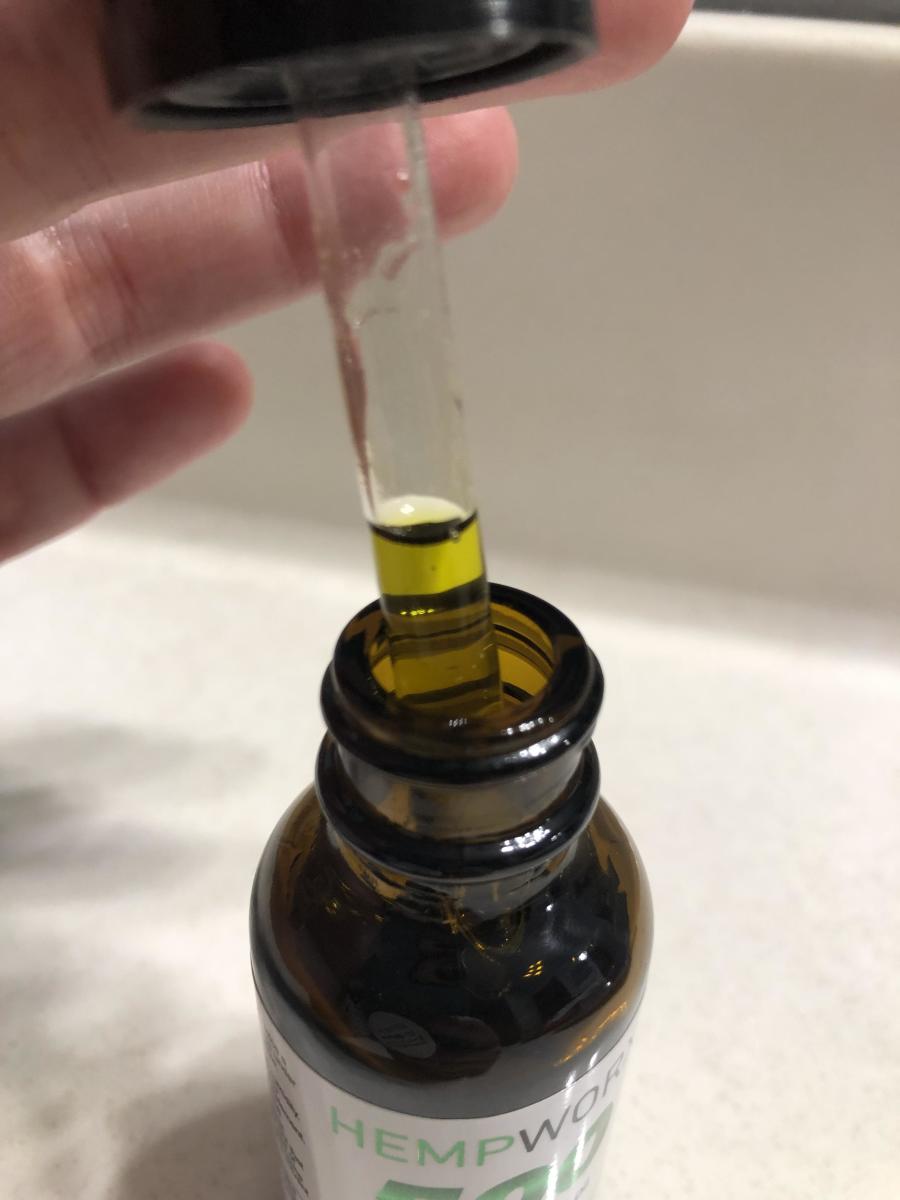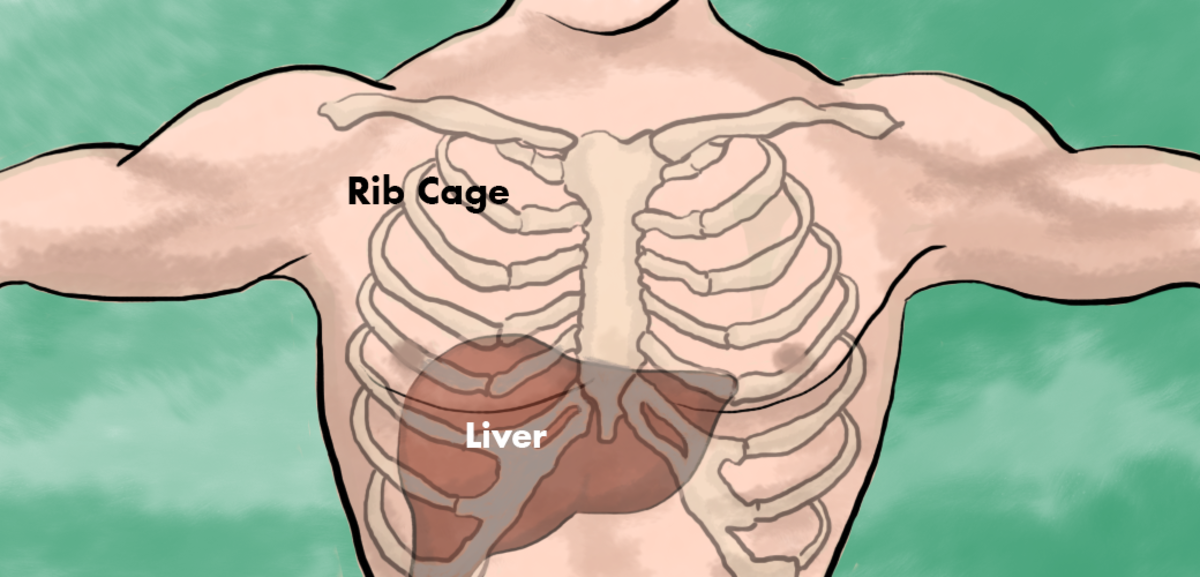Why are omega-3 fatty acids important to our health?
Omega-3 fatty acids are a family of polyunsaturated fatty acids which have in common a carbon-carbon double bond in the omega -3 position. Nutritionally essential omega -3 fatty acids are: α-linolenic acid (ALA), eicosapentaenoic acid (EPA), and docosahexaenoic acid (DHA). These fatty acids play important functions in our body, which will be discussed in details as follows.The importance of omega-3 fatty acids are manifested through the following functions.
1. Promoting healthy cell membranes
Cell membrane of every cell in our body is composed mainly of fatty acids. Healthy cell membrane allows the proper amounts of necessary nutrients to enter the cell, and ensures that waste products are quickly removed from the cell. Fatty acids in the membranes help the membranes to perform these functions optimally by maintaining the cell membrane's integrity and fluidity. Cells without a healthy membrane lose their ability to hold water and vital nutrients. They are not able to communicate with other cells either. Losing proper communication between cells is one of the physiological events that lead to growth of cancerous tumors.
The integrity and fluidity of our cell membranes is determined in large part by the type of fat we eat. Scientists believe that diets containing large amounts of saturated or hydrogenated fats produce cell membranes that are hard and lack fluidity. On the other hand, diets rich in omega-3 fatty acids produce cell membranes with a high degree of fluidity.
2. Preventing cancer cell from growing
Some lab research evidence suggests that incorporated into cell membranes, omega -3 fatty acids may help to protect against cancer, notably of the breast. It was suggested that omega -3 fatty acids promote breast cancer cell apoptosis by inhibiting a pro-inflammatory enzyme called cyclooxygenase 2 (COX 2), activating a type of receptor in cell membranes called peroxisome proliferator-activated receptor (PPAR)-ã, and increasing the expression of BRCA1 and BRCA2. COX 2 promotes breast cancer; (PPAR)-ã can shut down proliferative activity in a variety of cells including breast cells; BRCA1 and BRCA2 are tumor suppressor genes that, when functioning normally, help repair damage to DNA, thus helping to prevent cancer development.
Some researchers found that omega-3 fatty acids affect cell growth by activating an enzyme called sphingomyelinase, which then generates the release of ceramide, a compound that induces the expression of the human tumor suppressor gene p21, which ultimately causes cancer cell death.
3. Prostaglandin Production
Omega-3 fatty acids also play an important role in the production of powerful hormone-like substances called prostaglandins. Prostaglandins is heavily involved with regulating many important physiological functions including blood pressure, blood clotting, nerve transmission, the inflammatory and allergic responses, the functions of the kidneys and gastrointestinal tract, and the production of other hormones.
4. EPA Directly Anti-Inflammatory
Recently a lipid (fat) product our bodies make from EPA is identified as resolvins, which helps explain how this omega-3 fatty acid provides anti-inflammatory effects on our joints and improves blood flow. Resolvins have been shown to reduce inflammation in animal studies by inhibiting the production and regulating the migration of inflammatory cells and chemicals to sites of inflammation. Unlike anti-inflammatory drugs, such as aspirin, ibuprofen and the COX-2 inhibitors, the resolvins do not have negative side effects on our gastrointestinal or cardiovascular systems.
5. Prevent blood from clotting, lower triglycerides and increase High Density Lipid cholesterol (the good cholesterol), and lower blood pressure. Omega-3 Fatty Acids may also protect against the accumulation in the body of a protein believed to be linked to Alzheimer's disease
What are deficiency symptoms for omega-3 fatty acids?
Most people in the United States do not eat enough omega-3 fatty acids. However, the symptoms of deficiency are very vague, and can often be attributed to some other health conditions or nutrient deficiencies. As a result, few people (or their physicians, for that matter) realize that they are not consuming enough omega-3 fatty acids. The symptoms of omega 3 fatty acid deficiency include fatigue, dry and/or itchy skin, brittle hair and nails, constipation, frequent colds, depression, poor concentration, lack of physical endurance, and/or joint pain.
The importance of omega-3 fatty acids in our healthy body functions can not be over emphasized. Without enough omega-3 fatty acids, some deficiency symptoms would manifest and our health would suffer.









